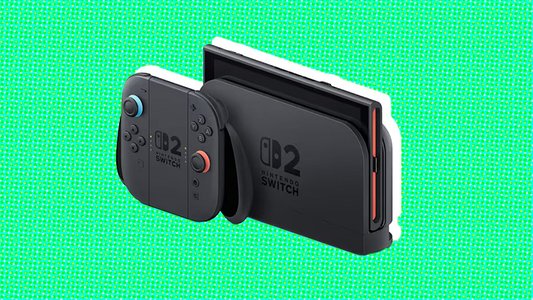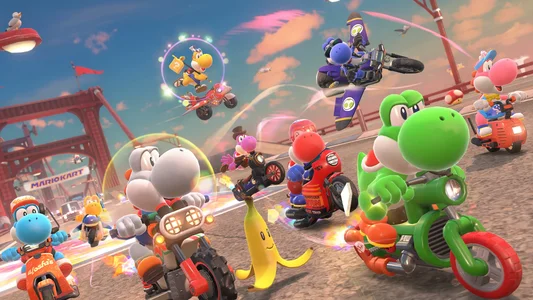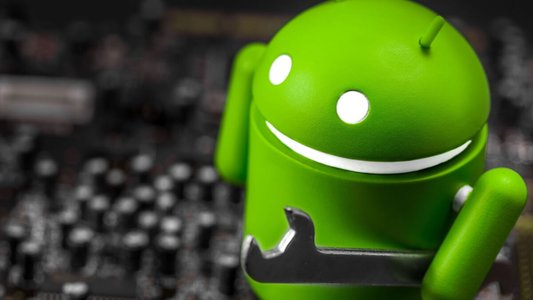The world of game development has expanded rapidly, and Unity remains one of the most widely used game engines globally. However, with its popularity comes the inevitable risk of cheating, one of the most notorious being the Unity time cheat. This exploit allows players to manipulate the internal game clock to accelerate or decelerate gameplay, giving them an unfair advantage. From collecting resources at lightning speed to bypassing time-based restrictions, the Unity time cheat undermines game integrity.
One of the primary reasons this exploit is so concerning is because it’s relatively easy to implement. Cheaters can use tools or external programs to alter how the system perceives time within the Unity engine. Without proper Unity time cheat prevention, this loophole can ruin the competitive balance of both single-player and multiplayer games. As developers strive to create engaging and fair environments, prioritizing Unity prevent time change cheat mechanisms becomes essential.
Moreover, as developers integrate complex economies and time-sensitive mechanics into their games, the risk of Unity time cheat abuse rises. For example, in idle games or strategy titles, gaining resources over time is a core component. A player using a time cheat can instantly progress far beyond intended pacing, creating imbalance and frustrating legitimate users. This makes Unity time cheat prevention not just a technical requirement but a necessity for player retention and satisfaction.
How Unity Time Cheat Works
The Unity time cheat typically involves manipulating the game’s internal timing functions. Unity relies on internal timing through functions like Time.time, Time.deltaTime, and Time.unscaledTime. By intercepting or faking values returned by these functions, a cheater can speed up or slow down the game world.
Some players use system-level tools like Cheat Engine to hook into the game’s memory and alter these values directly. Others modify the system clock or create macros that simulate altered time progression. Regardless of the method, the result is the same: unintended gameplay acceleration or simplification. This is why implementing Unity prevent time change cheat mechanisms is vital to ensure gameplay remains synchronized and fair.
Typical Exploit Methods
▪ Modifying the system clock to influence time-based mechanics.▪ Injecting custom DLLs to intercept Unity timing functions.
▪ Using external memory editors to manipulate in-game timers.
▪ Bypassing in-game wait times and cooldowns.
The Impact of Unity Time Cheat on Game Ecosystems
When time manipulation is possible, it damages both gameplay and the game economy. Multiplayer games can become especially toxic, as cheaters dominate leaderboards and obtain rare items unfairly. For developers, this leads to increased player churn, poor reviews, and potential revenue loss.
In single-player games, while the damage may seem less severe, it still alters the intended player experience and progression curve. Moreover, if leaderboards or achievements sync with online profiles, it distorts global rankings. These consequences stress the importance of robust Unity time cheat prevention strategies for long-term game sustainability.
Game Economy Disruption
▪ Unfair resource farming at hyper speed.▪ Skipping real-time building or crafting times.
▪ Devaluing premium in-game currency or items.
Strategies for Unity Time Cheat Prevention
To combat the Unity time cheat, developers can use a combination of client-side and server-side strategies. Preventing time cheats involves verifying the authenticity of time progression and validating in-game actions against authoritative servers.
Server-Side Validation
▪ Synchronize time-sensitive events with server timestamps.▪ Use authoritative servers to process critical gameplay logic.
▪ Limit client-side control over essential mechanics.
Anti-Cheat Middleware
▪ Integrate dedicated anti-cheat tools like JikGuard or Easy Anti-Cheat.▪ Monitor suspicious behaviors like time skips or speed inconsistencies.
▪ Apply heuristics to flag unusual progress spikes.
Internal Code Practices
▪ UseTime.realtimeSinceStartup instead of Time.time to reduce tampering risk.▪ Implement integrity checks to compare real time and game time.
▪ Keep sensitive game logic server-authoritative where possible.
How Anti-Cheat Solutions Address Time Manipulation
Comprehensive anti-cheat solutions are designed to detect anomalies, enforce consistency, and monitor for known exploit patterns. For instance, services like JikGuard offer mechanisms that detect when a player’s actions defy logical timing constraints. These solutions help enforce Unity time cheat prevention across both casual and competitive games.
Key Features of Anti-Cheat Solutions
▪ Real-time Monitoring: Continuously tracks in-game activities and compares them to expected behaviors.▪ Server Sync: Enforces server-based validation of all time-sensitive actions.
▪ Behavioral Heuristics: Detects when players gain progression unusually fast.
▪ Detection Logs: Generates logs for developers to trace and fix vulnerabilities.
▪ Custom Rules: Allows developers to define game-specific cheat detection logic.
Best Practices to Prevent Time Change Cheats in Unity
Mitigating the risk of Unity time cheat starts with adopting best development practices. Here are several key techniques to keep your game’s time system robust and tamper-proof.
Use Reliable Time Sources
▪ LeverageSystem.DateTime.UtcNow and compare against server clocks.▪ Avoid using local device time for critical functions.
▪ Use hash verifications to ensure time values haven't been altered.
Protect Client-Side Logic
▪ Obfuscate code to make reverse-engineering more difficult.▪ Encrypt time-sensitive data in memory.
▪ Validate gameplay milestones through server roundtrips.
Monitor and Respond
▪ Log all time-related inputs and check for anomalies.▪ Penalize or flag accounts that demonstrate suspicious speed behavior.
▪ Inform players of bans or warnings to discourage further abuse.
Challenges in Implementing Unity Time Cheat Prevention
While the solutions exist, implementing effective Unity time cheat prevention is not without its challenges. Developers must find the right balance between performance, cost, and cheat-resistance. Server-side validation, for example, increases load and complexity but offers better protection. Meanwhile, relying too much on the client leaves room for exploitation.
Furthermore, false positives remain a risk. If anti-cheat logic is too aggressive, legitimate players may be penalized unfairly. This makes testing, refinement, and player feedback essential to building a trustworthy cheat-prevention system.
Technical Hurdles
▪ Increased server costs for time verification and syncing.▪ Lag and latency affecting time synchronization.
▪ Complexity in maintaining consistency across platforms.
Conclusion: Building a Cheat-Resilient Game in Unity
The threat posed by the Unity time cheat is both real and growing. From damaging the player experience to disrupting game economies, this exploit can severely impact game success. That’s why it’s essential for developers to implement effective Unity time cheat prevention strategies and remain vigilant against time manipulation methods.
By combining server-side validation, trusted time sources, robust anti-cheat integrations, and consistent monitoring, developers can protect their games from this exploit. Prioritizing Unity prevent time change cheat measures is not just a technical necessity—it's an investment in your game's long-term success and fairness.
For developers looking for a comprehensive and seamless game protection solution, JikGuard Game Protection offers cutting-edge encryption and anti-cheat technology to ensure your game remains secure without compromising performance.Why Choose JikGuard Game Protection?
√ On-Demand Security Assessment:
Not sure if your game needs encryption? JikGuard provides free security testing and reports, helping you identify potential risks through penetration testing and in-depth analysis.√ Minimal Performance Impact:
JikGuard’s encryption system only decrypts resources when needed, ensuring that files remain encrypted in the cache and have virtually no effect on loading speed or game smoothness.√ Seamless Multi-Channel Packaging:
Supports mother package encryption, meaning all sub-packages remain protected without requiring additional processing for different distribution channels.√ No SDK Required:
Unlike traditional solutions, JikGuard does not require SDK integration—simply run a command, and the encryption process is handled automatically.√ Ultra-Low Performance Overhead:
▪ CPU usage increase: <0.2%▪ Memory consumption: <1MB
▪ Startup time increase: <25ms
▪ Package size increase: <1.3MB
Ensuring a smooth and seamless gaming experience.
With JikGuard Game Protection, you can focus on game development while ensuring top-tier security against cheats, resource leaks, and competitive analysis. Protect your game today and keep your vision intact!
- Explanation of Game Anti-Cheat Solutions



































